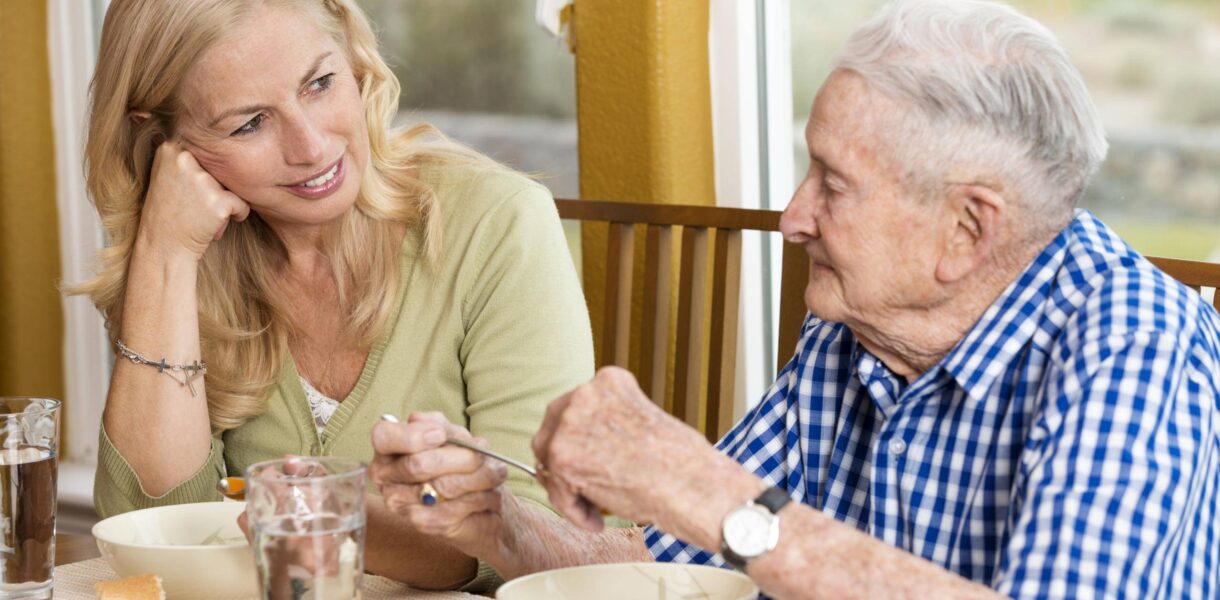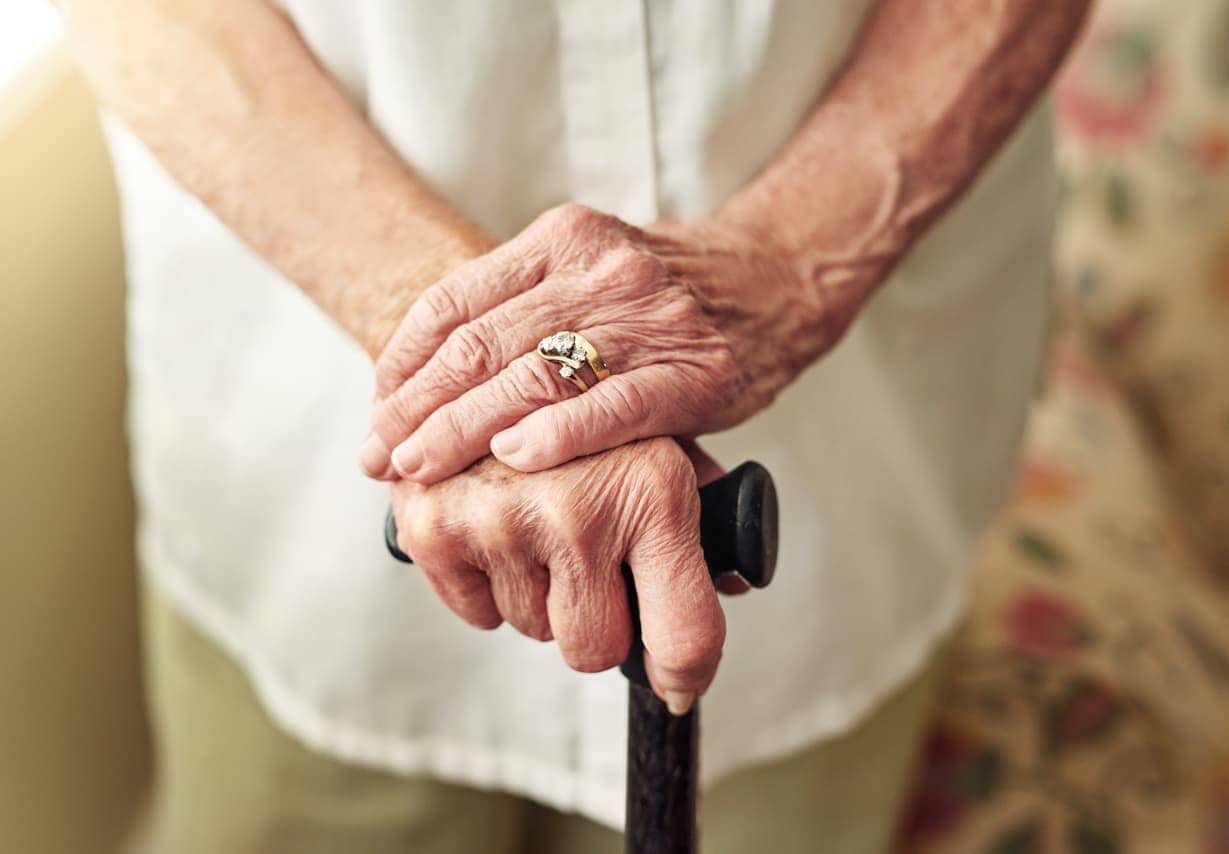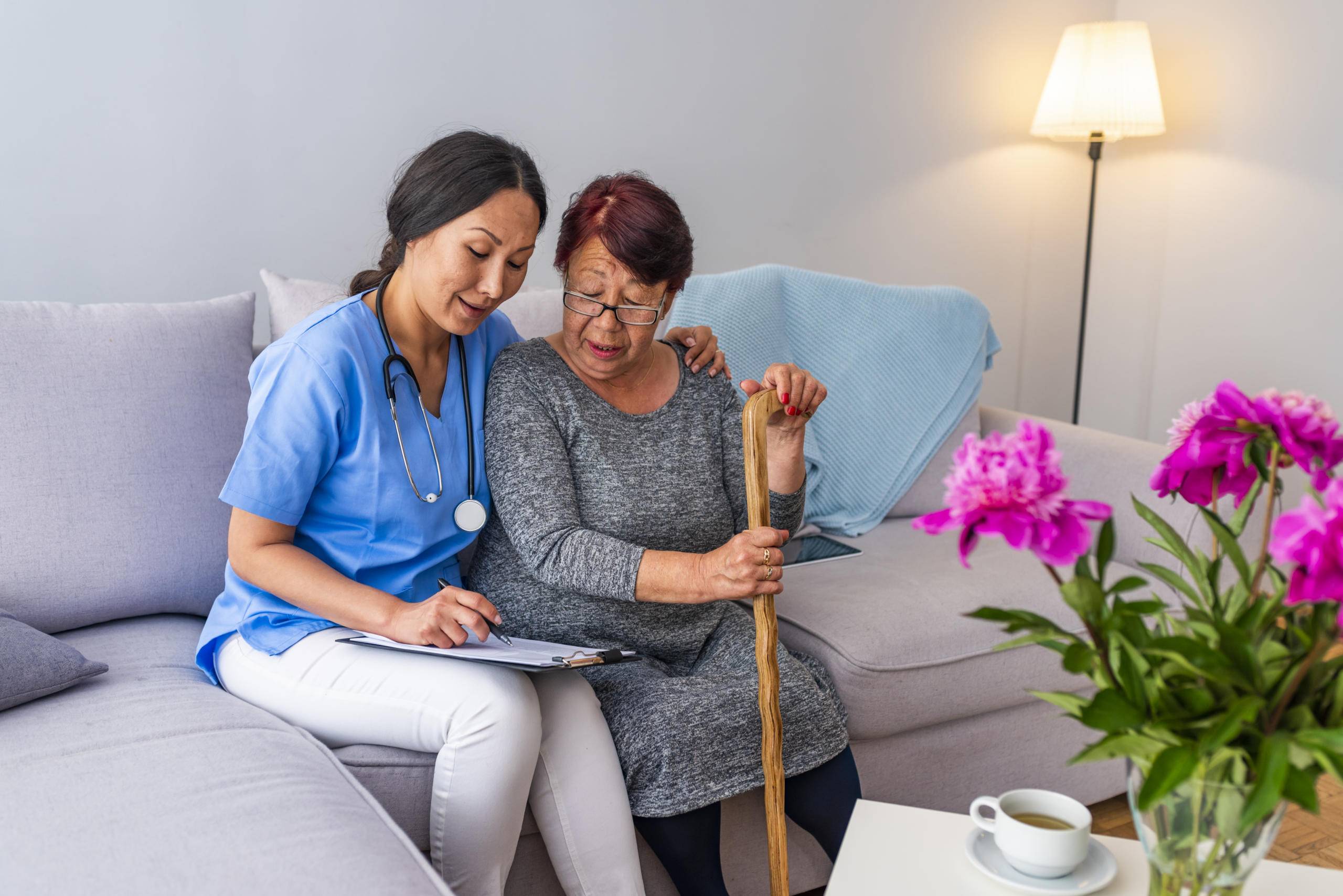
Preventing Malnutrition in Seniors
Malnutrition for seniors is serious stuff. Food is everyone’s fuel for optimal physical and mental health. For the elderly, it is critical. Older adults who consume a poor or low nutrient diet are at a greater risk of causing major health concerns, like:
* a weak immune system which can increase the risk of infection or illness
* wounds that won’t heal
* muscle weakness and decrease in bone mass (which can cause fractures and falls)
* greater risk of a hospital admission
* increased risk of death
The cause of malnutrition may seem obvious – not enough food, or not enough nutrient rich foods. The truth is, for seniors it’s much more complicated than that. There are several factors at work here as we age.
* Sense of taste and smell change with age. When foods don’t taste as good the appetite declines. It’s just not as enjoyable so a senior may not consume as much as they need.
* Disease of any kind can cause a decline in appetite. Discomfort makes food less appealing. Disease can also change how the body processes nutrients.
* Dental issues can make eating difficult. If someone has a hard time chewing or swallowing or even handling silverware can eating unappealing.
* Dementia or related memory problems can cause people to simply forget to eat, and even forget to buy groceries.
* Medications can affect appetite or the ability to absorb nutrients.
* Medically restricted diets that limit seasonings that enhance taste like salt, fat or sugar might make eating less desirable.
* Limited income may make it difficult to afford nutrient rich foods or any groceries, especially if expensive medications are necessary.
* Without others to enjoy a meal with, older adults who eat alone might lose interest in cooking and eating.
* Limited mobility can make it harder to get food or if they have to rely on someone to bring them food.
* Mental health issues like depression, grief and loneliness might contribute to a loss of appetite.
* Alcoholism or simply having too much alcohol can interfere with digestion and absorption of nutrients.
Early intervention is key to any health concern, and malnutrition is not different. Caregivers, family members and friends should monitor seniors on their eating habits, watch for weight loss and certainly address risk factors of malnutrition. Here are ways to do that:
* Monitor weight on a weekly basis. Notice how their clothes are fitting.
* Help plan healthy meals, prepare a shopping list, even shop with them and suggest some money-saving choices.
* Spend mealtimes together to observe eating habits. Notice quantity and type of food they are eating.
* Invite the older adult to your home for occasional meals or take them out to eat where senior discounts are offered. Find social programs where members of a community can eat together.
* Set-up local service agencies to provide at-home meal deliveries, in-home visits from nurses or dietitians, access to a food pantry, or other nutrition services. The local Area Agency on Aging or a county social worker can provide information about services.
* Keep a record of all medications, the reason for each, dosage, treatment schedules and possible side effects.
* Encourage regular physical activity. Daily exercise — even if it’s light — can stimulate appetite and strengthen bones and muscles.
Creating a positive mealtime environment for seniors with a healthy diet and good tasting food will do wonders. Preparing meals in advance for them can encourage better eating habits, especially if you include their favorite meals – even if they need to be slightly modified for diet purposes.
* When meals are colorful, they are typically rich in nutrients. Include fresh fruits and vegetables, whole grains, fish, and lean meats.
* Use herbs and spices to add flavor to meals and improve interest in eating, especially if fats, salt and sugar are not allowed.
* Provide nutrient-rich snacks between meals. Make it easy for them to grab fruit or a protein snack.
* Use supplemental nutrition drinks to help with calorie intake. Add egg whites or unflavored protein powder to meals to increase proteins without adding saturated fats.
Stay in touch with the senior’s doctor. Let them know about any extreme weight change, appetite change and physical change so the doctor can screen the senior for malnutrition. A doctor can better treat the senior and recommend solutions as soon as possible rather than wait until the senior’s next scheduled appointment or a healthy issue occurs. Keeping seniors eating healthy helps their physical and mental health too. All of it contributes to a much better quality of life and don’t seniors deserve that?
See More Articles
-
Visiting Your Aging Parent With Memory Loss at Avalon Memory Care
As a loving son or daughter, you naturally want the best of care for your senior parent. The compassionate assisted living caregivers at Avalon Memory Care want you to know that while your parent is living with us, he or she will receive nothing less than respectful, loving care within our comfortable, safe, and fully-staffed
-
Celebrating New Year’s Day in Memory Care
Families often find that celebrations with their loved ones in memory care are easier when they embrace new traditions. For instance, it may not be practical to expect your loved one to stay up until midnight on New Year’s Eve. Instead, consider throwing a New Year’s Day celebration, complete with a countdown to the first
-
Understanding Parkinson’s Disease and Dementia
Parkinson’s disease is an incurable neurological disorder, with progressively worsening complications. Perhaps the most well-known symptom of Parkinson’s is a hand tremor, but it can also cause speech changes, muscle rigidity, and impaired posture. Eventually, as the disease progresses, more than half of all individuals with Parkinson’s will require dementia care. This particular type of
Testimonials
Downloadable Resources
We Are Avalon
Discover the heart of our community; download ‘We Are Avalon’ to get to know our dedicated team and our commitment to providing a warm, family-like environment.
Transitional Care Guide
If you’re considering a transition, we’re here to help; download our Transitional Care Guide for compassionate guidance through each step of the process.
Schedule a Tour
Visit one of our 30+ campuses and experience our unique approach to memory care.












